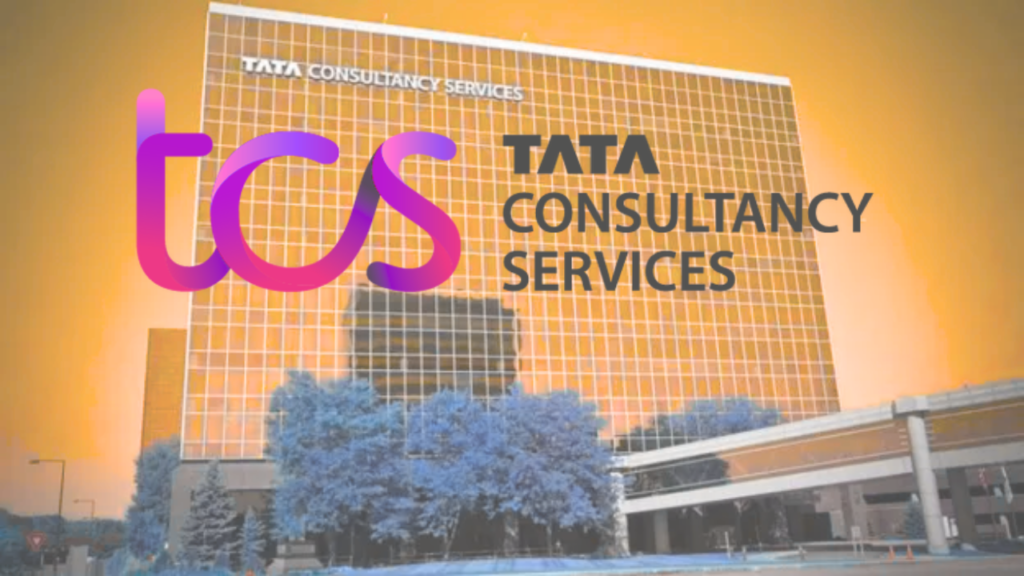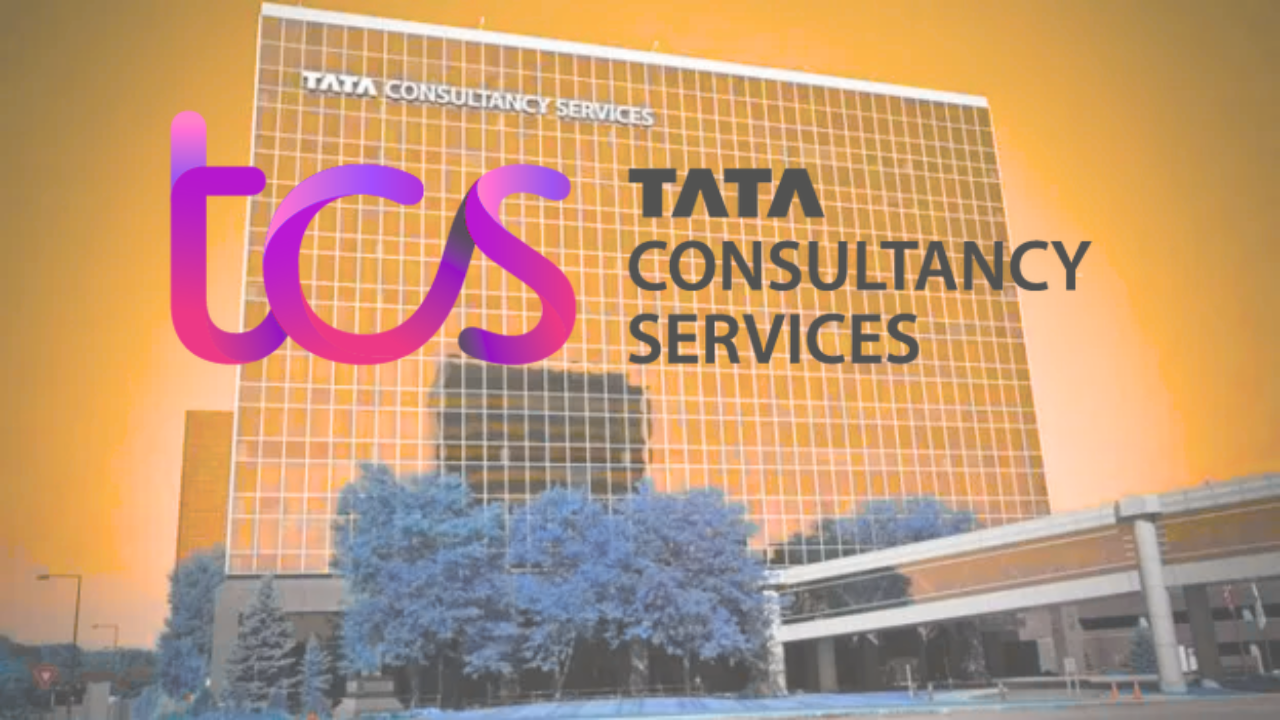Tata Consultancy Services (TCS), one of the world’s largest IT services firms, is under intense scrutiny following two serious developments that have shaken trust in its cybersecurity protocols. First, there’s a potential link between TCS and a cyberattack that disrupted operations at UK retail giant Marks & Spencer (M&S). Second, a whistleblower has alleged retaliation after reporting internal security violations. These incidents bring important lessons for enterprises across the globe about the importance of cybersecurity, transparency, and employee protection.

Summary of Main Points
- Company Involved: Tata Consultancy Services (TCS)
- Cybersecurity Incident #1: Possible connection to the cyberattack on M&S
- Cybersecurity Incident #2: Whistleblower alleges suspension after flagging internal security lapse
- Estimated Business Losses: M&S faces up to £300 million in losses
- Hacking Group Involved: Scattered Spider
- Regulatory Oversight: UK’s Information Commissioner’s Office (ICO)
- Primary Sources: Times of India, The Guardian, Financial Times
Dissecting the M&S Cyberattack: Timeline and TCS’s Role
In April 2025, during the busy Easter retail period, Marks & Spencer suffered a severe cyberattack. The company’s online sales platform, inventory systems, and delivery logistics were disrupted, causing significant delays and financial strain. The losses from the attack have been pegged at £300 million, making it one of the most financially damaging cyber incidents for a UK retailer.
The attack has been attributed to Scattered Spider, a sophisticated cybercriminal group known for exploiting human psychology through social engineering. These attackers impersonated employees to gain unauthorized system access—a strategy that bypasses technical firewalls by targeting human behavior.
TCS, being the long-time IT partner managing significant portions of M&S’s digital infrastructure, is conducting a full-scale internal investigation to determine whether any weaknesses in its systems were exploited. So far, there has been no formal accusation against TCS, but the fact that their infrastructure was potentially used as a conduit has raised eyebrows in the industry.
Both TCS and M&S have kept a tight lid on public commentary, citing the ongoing nature of the investigation. Regulators, including the UK’s Information Commissioner’s Office (ICO), are monitoring developments closely and may impose heavy fines if compliance failures are found.
Whistleblower Controversy: Culture of Retaliation?
At the same time, TCS is dealing with a troubling internal case. A Reddit post, allegedly made by a current employee, accuses the company of suspending them after they reported a serious security lapse. The post alleges that a manager instructed team members to use personal laptops and share login credentials, which goes against basic cybersecurity principles and corporate policy.
When the employee attempted to raise the issue internally, they claim to have faced retaliation, including suspension from duty. The incident has gone viral on Reddit and tech forums, with many users criticizing TCS’s internal governance and its adherence to its own whistleblower protection policy.
This revelation raises important questions about how large organizations handle internal reports of malpractice. Employees are often the first line of defense in identifying vulnerabilities, but if their concerns are not taken seriously—or worse, punished—it discourages accountability and transparency.
What Is Social Engineering and Why Is It So Dangerous?
Social engineering is one of the most effective cyberattack methods today. Rather than hacking into a system directly, attackers use deception to manipulate people into revealing confidential information or granting access.
Examples of Social Engineering in Action:
- Phishing Emails: Messages that mimic trusted sources to trick users into clicking malicious links.
- Fake IT Calls: Scammers pretend to be tech support staff to steal login credentials.
- Impersonation Attacks: Criminals act as employees or executives to gain sensitive information.
In the case of M&S, Scattered Spider reportedly used such techniques to fool employees and gain system access. These methods exploit the human element—the weakest link in the cybersecurity chain.
Corporate Response to Cyber Threats: What Needs to Change?
Given the growing sophistication of cyber threats, companies need a multi-layered defense strategy that combines technology, people, and processes.
Step-by-Step Corporate Cybersecurity Checklist:
1. Regular Security Audits
Conduct third-party audits to identify vulnerabilities before hackers do. Make audits mandatory on a quarterly or bi-annual basis.
2. Employee Education and Training
Ensure all employees, from junior staff to top executives, are trained in recognizing phishing attempts and handling sensitive data.
3. Enforce Multi-Factor Authentication (MFA)
Using MFA makes unauthorized access significantly more difficult, even if login credentials are compromised.
4. Zero Tolerance Whistleblower Protection
Develop a transparent process that encourages employees to report suspicious activities. Make sure whistleblowers are protected from retaliation.
5. Access Restriction Policies
Limit data access based on job roles. Regularly update user permissions and monitor login behavior for unusual activity.
Regulatory Landscape: Know the Laws Before It’s Too Late
Cybersecurity isn’t just a technical issue; it’s also a legal and regulatory obligation. Companies operating in different regions must stay up to date with data protection laws to avoid steep fines.
Major Cybersecurity and Data Privacy Laws:
- GDPR (EU): The gold standard for data protection worldwide. Applies to anyone handling data of EU citizens.
- UK Data Protection Act 2018: UK’s local implementation of GDPR.
- India’s Digital Personal Data Protection Act: Designed to regulate how Indian companies store and process personal data.
Failing to comply with these can lead to reputational damage, financial penalties, and legal liabilities. Learn more at ICO UK, EU GDPR Portal, and India’s Ministry of Electronics & IT.
Overall Summary
The unfolding situation at Tata Consultancy Services serves as a wake-up call for the entire IT industry. Whether or not TCS is found directly responsible for the M&S breach, the case highlights critical gaps in internal communication, employee protection, and cybersecurity strategy. When employee concerns are dismissed or punished, and when digital infrastructure isn’t monitored proactively, even tech giants become vulnerable.
Read More
ICYMI fintech funding round-up: Greenlite AI, Lendflow, Thndr, and more
FAQs on Massive Data Breach at TCS
Is TCS directly responsible for the M&S cyberattack?
As of now, there’s no official confirmation implicating TCS. Investigations are ongoing.
Who are Scattered Spider?
They are a cybercriminal group specializing in high-level social engineering attacks, primarily targeting large enterprises.
Is it legal to suspend an employee for whistleblowing?
No, such actions violate most corporate and legal whistleblower protection frameworks.
What can companies do to protect themselves?
Invest in cybersecurity infrastructure, educate staff, perform regular audits, and foster a culture of transparency.
Where can one learn about data privacy laws?
Authoritative resources include the ICO, GDPR Portal, and MeitY.









No Comments Yet
Be the first to share your thoughts.
Leave a Comment